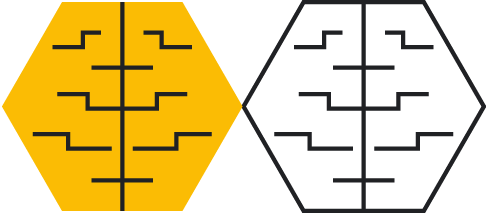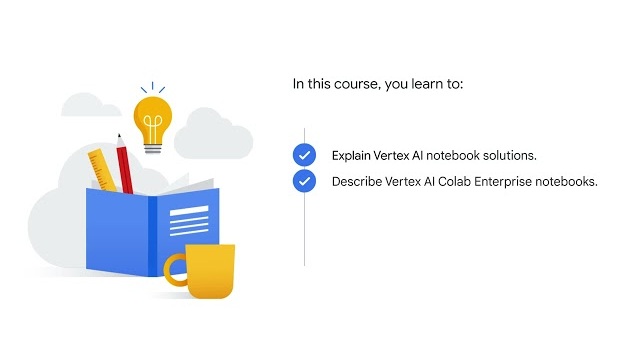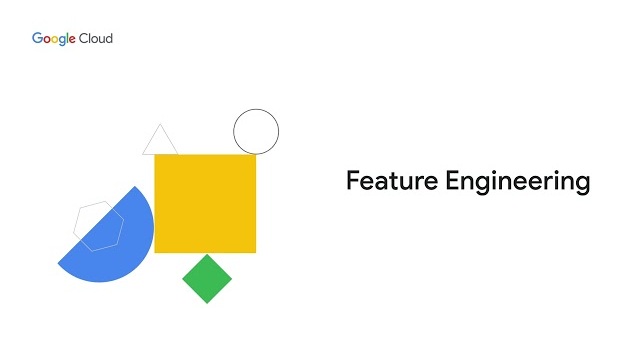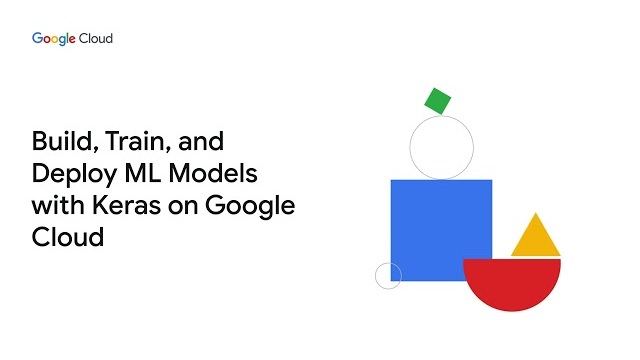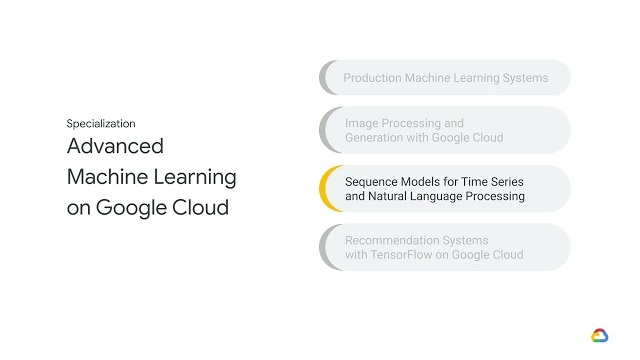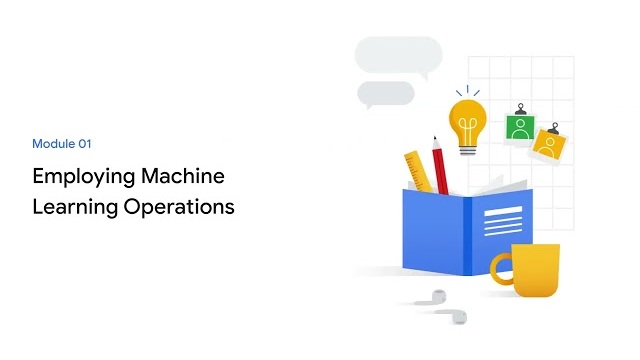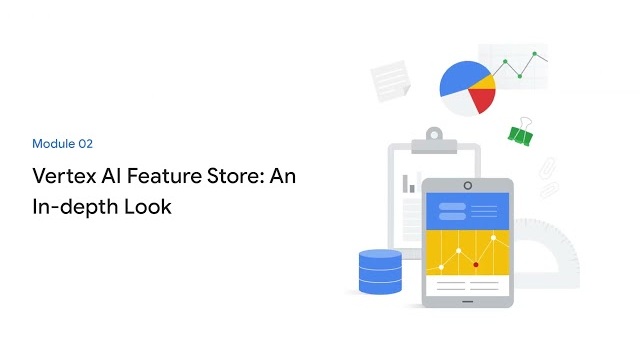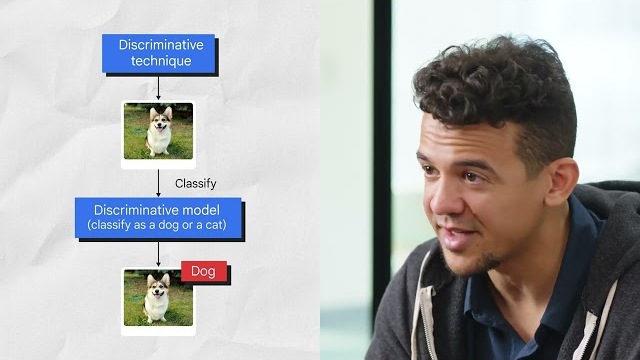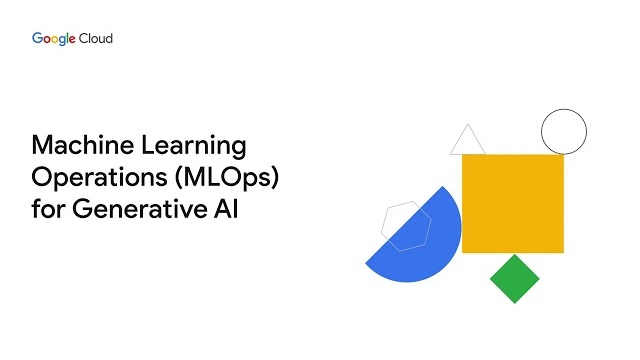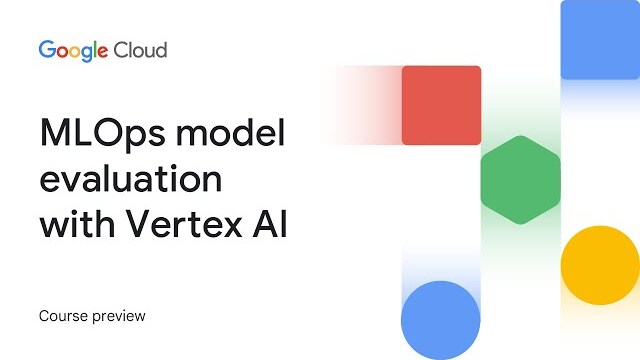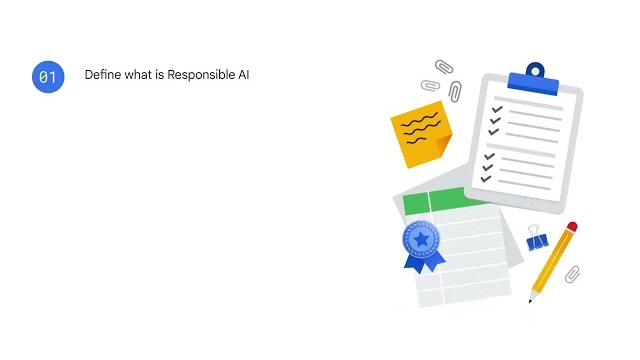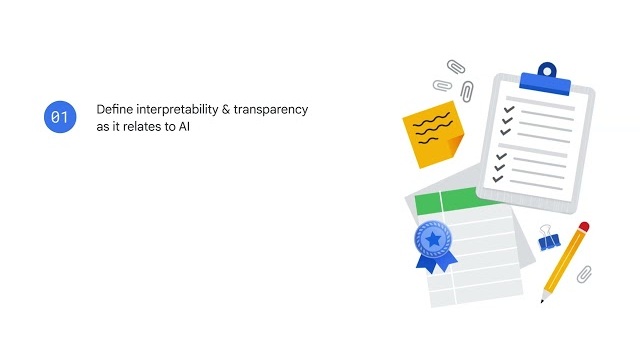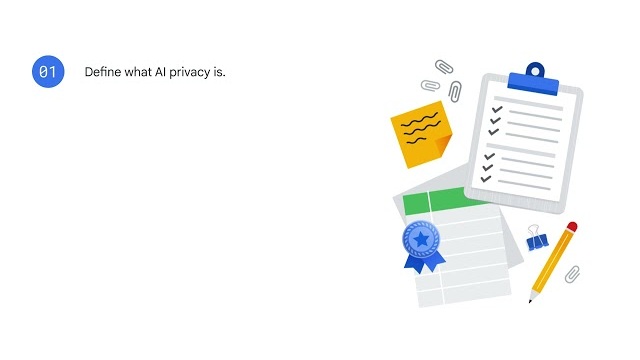A Professional Machine Learning Engineer builds, evaluates, productionizes, and optimizes AI solutions by using Google Cloud capabilities and knowledge of conventional ML approaches. The ML Engineer handles large, complex datasets and creates repeatable, reusable code. The ML Engineer designs and operationalizes generative AI solutions based on foundational models. The ML Engineer considers responsible AI practices, and collaborates closely with other job roles to ensure the long-term success of AI-based applications. The ML Engineer has strong programming skills and experience with data platforms and distributed data processing tools. The ML Engineer is proficient in the areas of model architecture, data and ML pipeline creation, generative AI, and metrics interpretation. The ML Engineer is familiar with foundational concepts of MLOps, application development, infrastructure management, data engineering, and data governance. The ML Engineer enables teams across the organization to use AI solutions. By training, retraining, deploying, scheduling, monitoring, and improving models, the ML Engineer designs and creates scalable, performant solutions.
If you're from a Google Cloud Partner organization, you can get no-cost exam vouchers. See your options here: goo.gle/cert
